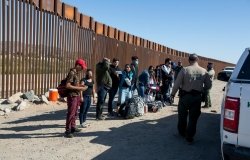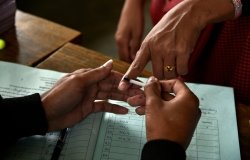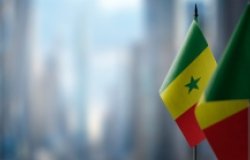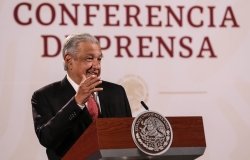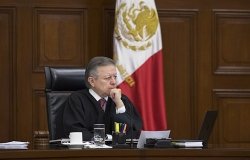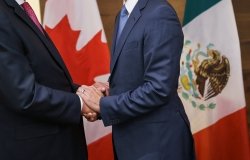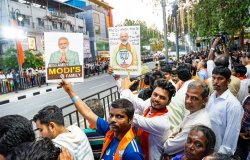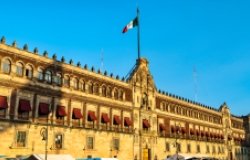Low Voter Turnout in Iran Highlights Candidate Disqualifications and Foggy Polling Data
Iran's parliamentary elections saw historic low turnout, with hardline conservatives dominating. This shift strengthens anti-JCPOA figures and could challenge non-proliferation efforts and US-Iran relations. Disqualifications and lack of transparency marred the elections, highlighting systemic issues in Iran's electoral process.
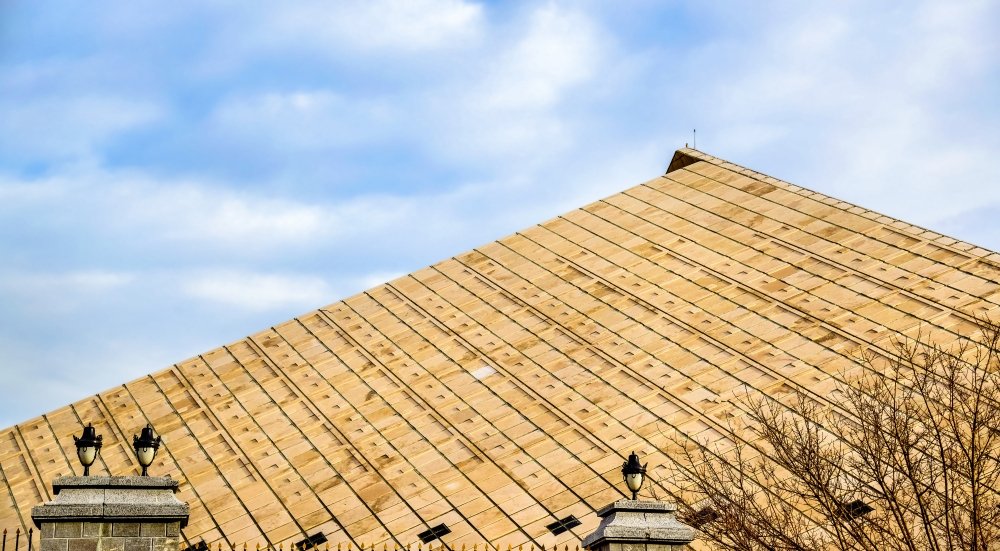
Courtesy of Leonid Andronov/shutterstock.com
The parliamentary elections in Iran have led to a significant shift in the balance of power. Hardline conservative candidates have outpaced their moderate counterparts in Tehran, securing more seats. This outcome poses more challenges for non-proliferation efforts and the tense relations between Iran and the US, as figures most opposed to the Joint Comprehensive Plan of Action (JCPOA) will now hold greater influence in the Iranian parliament.
Iran’s interior minister confirmed that only 41% of the 61 million eligible voters, totaling 25 million, participated in the elections—representing the lowest turnout since the 1979 Islamic Revolution. In Tehran, voter participation dropped significantly to 26.17%. Of this, the top fourteen candidates won a seat in the upcoming Parliament representing the Tehran constituency, while the remaining sixteen seats will be determined in a runoff election.
Unrestrained qualifications
These factors hinder impartial analysis and erode the foundations of the democratic process.
The last three elections in Iran have witnessed low voter turnout, primarily due to the escalating impact of two longstanding obstacles since the Islamic Revolution: the disqualification of candidates deemed disloyal to the regime by the Guardian Council, and a pervasive lack of transparency in the electoral process. These factors hinder impartial analysis and erode the foundations of the democratic process.
Among the qualified candidates, not a single member of the Voice of the Nation list—led by Ali Motahari has been selected among the 30 individuals chosen in Tehran. Despite his conservative background, Motahari has exhibited moderate political leanings as he criticizes President Raisi's hardliner government.
Predictions indicated that the seats in parliament in Tehran would be divided between the radical conservatives (including the Popular Coalition of the Islamic Revolution Forces, headed by Hamid Rasaei and Dawn Front of Iran, supported by Ali Akbar Raefipour, a fiery populist best known for concocting conspiracy theories) and the traditional conservatives (including the Council of the Coalition of the Islamic Revolution Forces, headed by Mohammad Bagher Ghalibaf, and the Unity Council, headed by Manouchehr Mottaki, the former foreign minister during Mahmoud Ahmadinejad term in office). The reformists were mainly disqualified in this election except for a few figures like Masoud Pezeshkian, Minister of Health, between 2001 and 2005 in the cabinet of President Mohammad Khatami.
The pivotal role of Tehran's parliamentary seats transcends mere representation
The pivotal role of Tehran's parliamentary seats transcends mere representation; historically, they have been the linchpin in steering the legislative body and shaping the prevailing political discourse.
Despite the conservative tilt anticipated in the election outcomes, this election stands out due to unique circumstances. Amidst speculations about Iranian Supreme Leader Ayatollah Ali Khamenei's health, many expect this could be the final parliamentary and Assembly of Experts election under his oversight. This speculation lends critical importance to the composition of the parliament and the Assembly of Experts—the latter being responsible for selecting Khamenei's successor. Consequently, concerns have arisen regarding the Guardian Council's alleged bias in disqualifying candidates unaligned with the principle of Velayat al-Faqih, favoring those loyal to the establishment.
Notably, the Guardian Council disqualified Iran's former President Hassan Rouhani, close to reformist factions, from participating in the Assembly of Experts election. Similarly, Ali Larijani, a former parliamentary speaker, had been disqualified from the 2021 presidential election, which was perceived as clearing the path for Ebrahim Raisi's ascent to power. Now, his brother, Ayatollah Sadegh Larijani, the former judiciary chief and current chairman of the Expediency Discernment Council, has failed to secure a seat in the Assembly of Experts race in Mazandaran province, located in the north of Iran. Known for their moderate conservative views, the Larijani brothers have had significant disagreements with President Raisi and his hardliner allies.
Polling issues and transparency
Another critical issue that impedes the analysis of the electoral process in recent elections is the lack of transparency in polling, which has led to widespread confusion and misinformation among political analysts. Over the past few years, security institutions have increased restrictions on polling organizations, substantially limiting the operations of groups outside the regime's influence.
When these findings are made public, the integrity and impartiality of the data frequently come into question.
Surveys conducted by the government, particularly under the auspices of the Ministry of Culture and Islamic Guidance, the Ministry of Intelligence, and the Islamic Republic of Iran Broadcasting, often remain confidential. When these findings are made public, the integrity and impartiality of the data frequently come into question.
Among them is the National Survey of Iranian Values and Attitudes (Fourth Wave), recently unveiled, which sparked considerable controversy due to the confidential nature of its findings.
On the other hand, polling institutes operating outside of Iran face significant challenges. Government-imposed restrictions have raised doubts about their ability to access a representative statistical population.
A recent poll conducted by the Iranian Opinion Research Group (GAMAAN) revealed that two days before the elections, approximately 74% of respondents indicated they did not wish to participate in the parliamentary elections, and 75% expressed no intention of participating in the elections for the Assembly of Experts, which typically occur concurrently. Conversely, about 16% of respondents planned to participate in both elections and vote for qualified candidates.
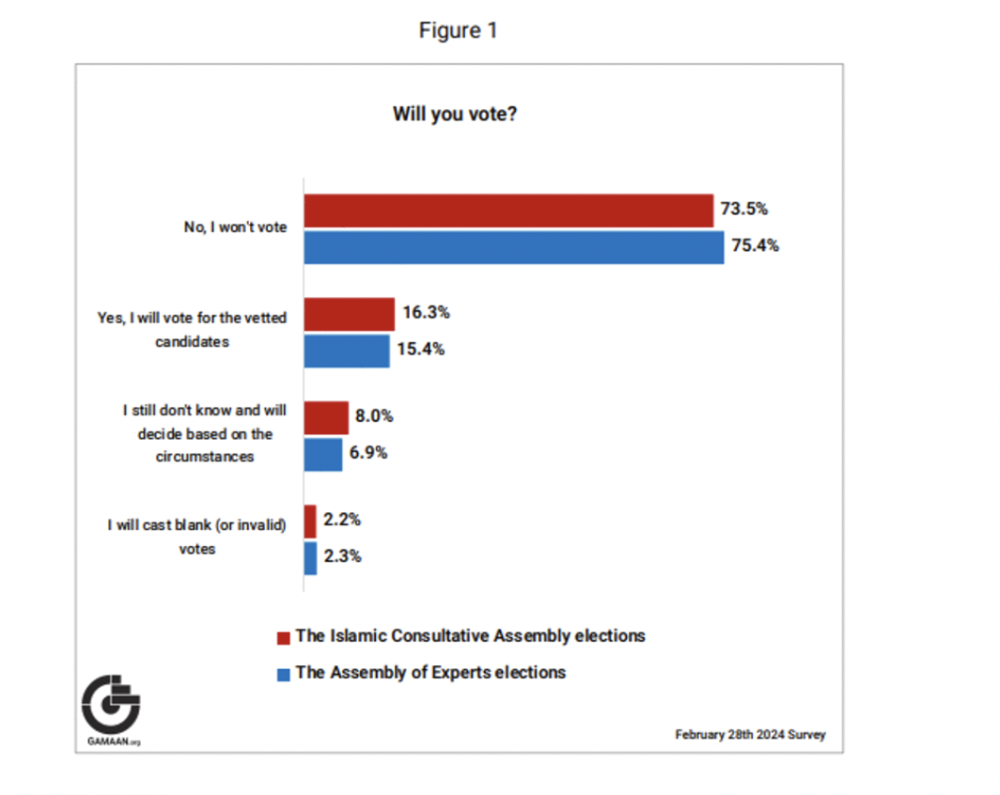
Courtesy of GAMAAN
The survey results appear to more accurately reflect participation rates in larger cities rather than smaller towns and underprivileged areas, which traditionally exhibit greater sympathy towards the values of the Islamic regime.
GAMAAN, a non-profit, independent research institute, is registered in the Netherlands. Ammar Maleki, an assistant professor of political science at Tilburg University, engages in academic and political activities and is known for his opposition to the Iranian government.
Conversely, the latest poll by the Iranian Students' Opinion Center (ISPA) on the "definite participation" level in the 12th Islamic Council (parliament) elections shows that approximately 41% of the Iranian populace was expected to participate in the elections scheduled for March 1.
Despite ISPA's portrayal as a non-governmental organization affiliated with academic institutions, conducting polls on politically sensitive topics is unlikely without approval from security agencies.
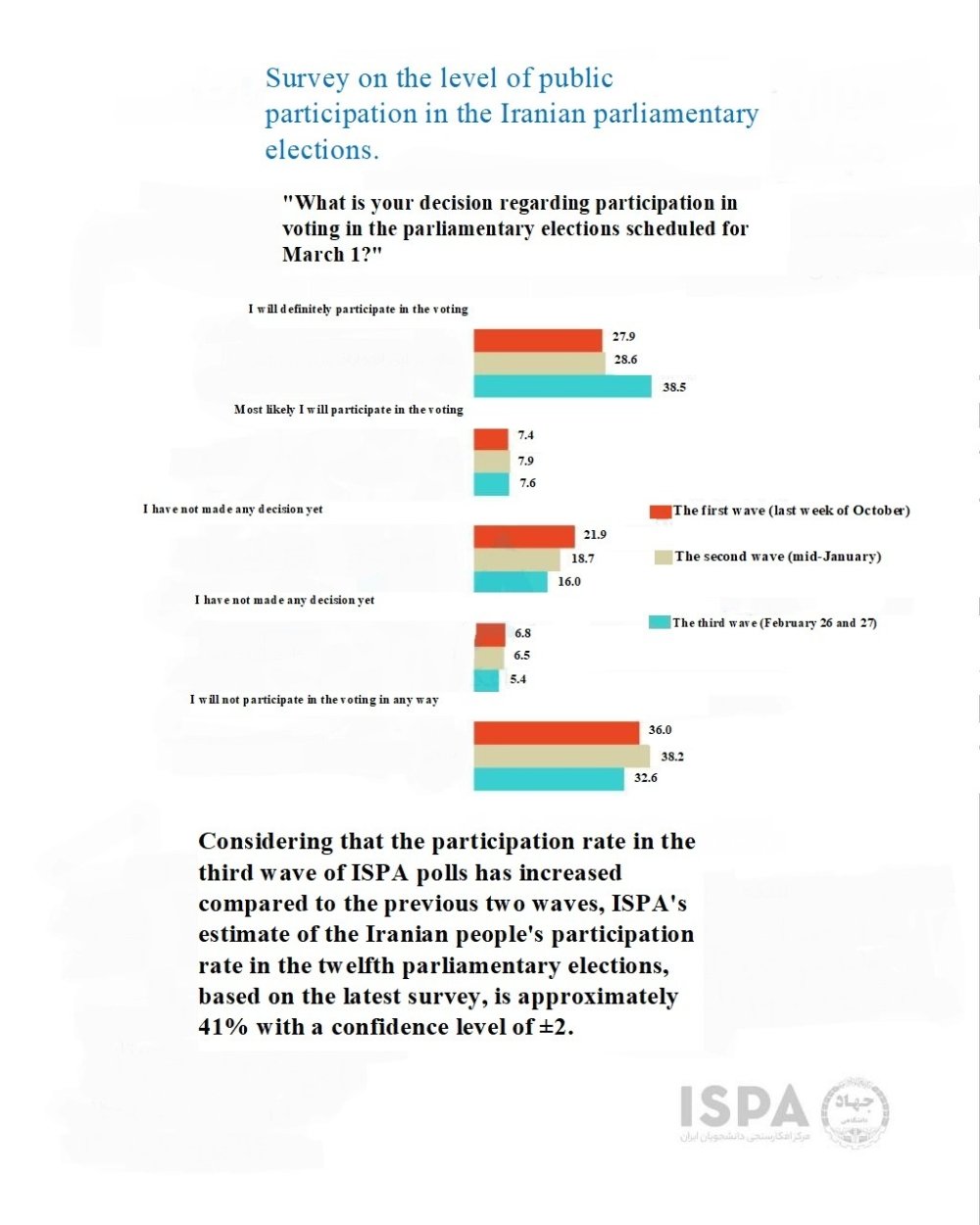
Courtesy to ISPA
Despite having better access to the targeted statistical population, state-sponsored and semi-governmental surveys are subjected to various political filters that raise questions and doubts about the neutrality of their results.
In such an opaque landscape, how can one trust the validity of poll results and the electoral process? Currently, there seems to be no straightforward solution. Analyses largely depend on statistics published by the government and various polls published here and there to approximate voter turnout.
Nevertheless, statistical methods can sometimes be helpful when questioning state-sponsored reports. For example, a comparison of the vote counts for candidates who led the winner’s list in Tehran throughout the 12 election cycles of the Islamic Council (Parliament) can be telling.
Observing a significant drop in votes for these candidates, without a similar decline in overall turnout, points to potential discrepancies. Specifically, Mahmoud Nabavian a member of the hardliner Steadfastness Front and an anti-JCPOA figure, has a reported vote tally of 597,770. In stark contrast, Mohammad Bagher Ghalibaf, a technocrat conservative and the current parliament speaker, has a taly of only 447,905 votes, but was the leading candidate in Tehran four years prior, securing 1,265,287 votes. This marked difference can suggest a significant inconsistency.
Other concerns casting doubt on the accuracy of the elections include prevalent vote buying and selling, especially in underprivileged areas with tribal structures. Additionally, there are reports of votes being registered in the names of individuals who did not participate in the voting process. Compounding these issues is the participation of newer non-Iranian voters, notably Afghans, who possess Iranian birth certificates. The recent surge in Afghan migration to Iran has sparked rumors that the Iranian government is seeking to sway the upcoming elections by granting citizenship to Afghans sympathetic to the Islamic regime.
The views expressed in these articles are those of the author and do not reflect an official position of the Wilson Center.
About the Author
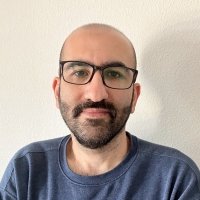

Middle East Program
The Wilson Center’s Middle East Program serves as a crucial resource for the policymaking community and beyond, providing analyses and research that helps inform US foreign policymaking, stimulates public debate, and expands knowledge about issues in the wider Middle East and North Africa (MENA) region. Read more


